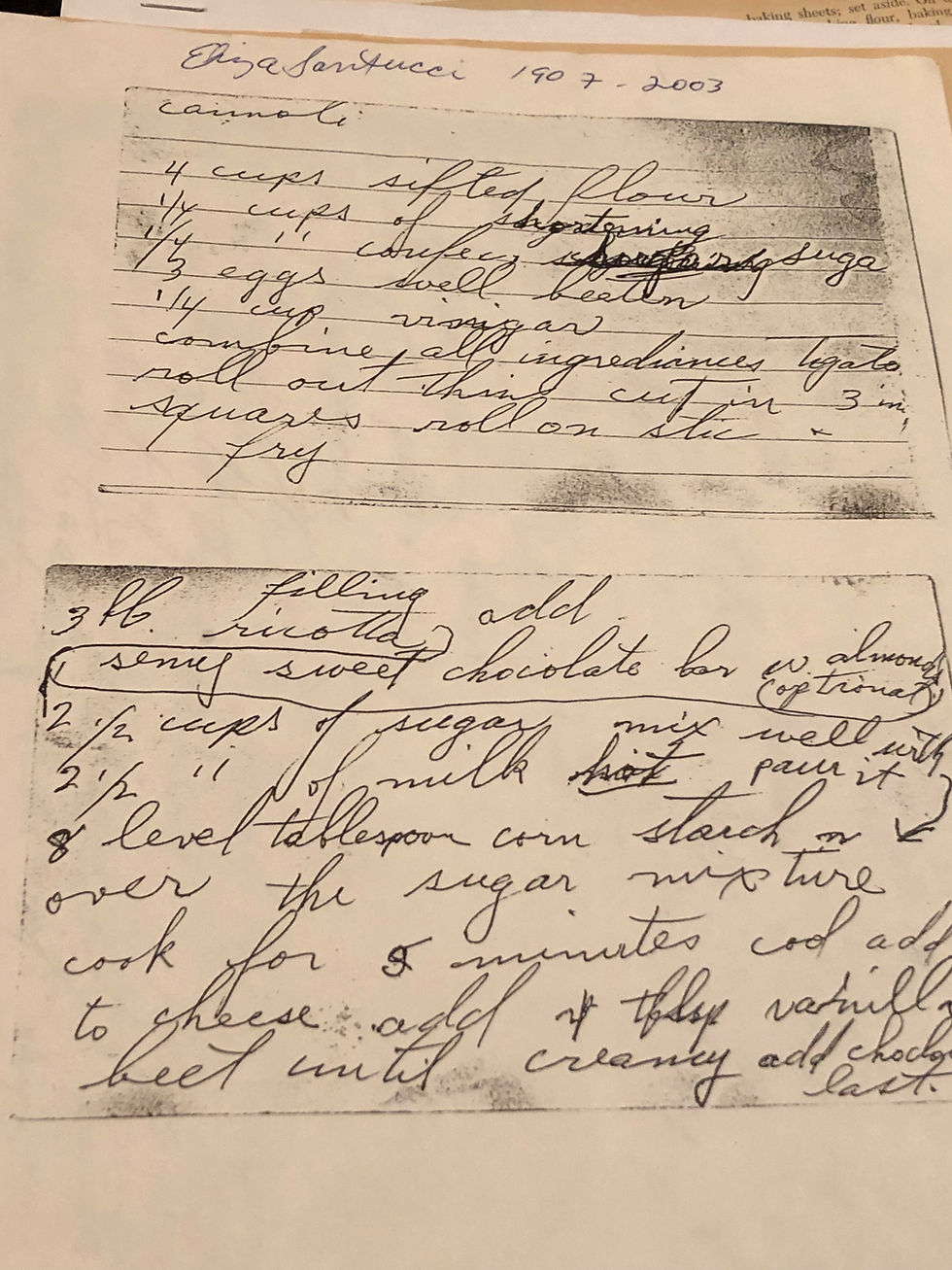Love is
- Linda
- Feb 14, 2019
- 4 min read
Updated: Jan 13, 2024
My older—well, older enough for me to be a bother—sister is my idol. What's not to like about tall, beautiful, intelligent? So, I mimic her ways, but to her mind, I'm just a little-sister nemise. Me, hanging around listening, eaves dropping on she and her friends who try to act like the adults they're becoming.
It's mid-century and the era's popular tunes, Unchained Melody, Chances Are, Let Me Go Lover, sing to my teenage sister, and then they sing to me. Early on, I learn the full meaning of apassionata, and whenever she's away I steal from her.
I steal her sheet music from the piano bench. I play, swoon, and wail, "Sincerely…never, never, never, never… doo wop, doo wop… bah doe…bah doe…."
My sister and I also share our brothers. They sit atop our shared upright piano in three framed photographs, each in their respective military uniform. As I play, I often glance at their pastel, tinted cheeks and toothy smiles that welcome a modern age of electrical conveniences. They can't speak. They simply stare overhead, but I'm confident they're listening.
Each day on my dispassionate walk to and from junior-high, I pass Miss (there was no Ms. then) Spina’s apartment, above her father’s grocery store.
A sign, Piano Lessons, is posted on the stairway door. Eventually, the sign beckons and I find a small, brown Spinet on the stair landing, upon which sits one photo of Miss Spina's sister, the nun. Compared to the shiny, big and black grand piano of Liberace—or our upright with three photos—I'm underwhelmed.
Miss Spina plays her Spinet with fragile hands, something I notice since mine are much larger and lankier than hers. I boast to her, “I can stretch over an octave to the second E above middle-C.”
She's not impressed, but she is alarmed to hear that I want to learn Autumn Leaves, a popular music favorite, second only to My Favorite Things.
Miss Spina drops open her tiny mouth and after some pause says, “Welllll, on one condition: that you also faithfully practice your drills."
Welllll, from then on, I carry under my arm some popular sheet music along with a couple of slim, yellow, drill books decorated with classical-motif borders. Most of the time I slink past a group of neighborhood kids sitting and standing around a porch stoop.
My next-door neighbor, Frankie, yells, “Hey! Pinhead!”
It’s my nickname because my head is smaller than his, and because now, I stupidly take piano lessons. It’s a weekly walk to my one-hour lesson just a few blocks away, and always I'm uncomfortable passing the whispers, hoots, and hollers. Always, I return with chin tucked and head slightly bowed.
Eventually, I cave and renounce lessons, but I don't relinquish the long expanse of ivory keys. With balcony doors flung wide open, I pound out my pièce de résistance, Tchaikovsky’s Piano Concerto No. 1 in D minor, and in the manner of Liberace: Ta ta ta dum ! Ta ta ta dum ! Ta ta ta dum.
Some years later as I welcome the Age of Aquarius, I too come of age. While I leave the keyboard idle, I realize One {truly} is the Lonliest Number so I spend time freeing my existential self, getting to know me—sexually, spiritually—and getting to know my soulmate.
It’s then I discover when you are in love you are never alone, and love comes in many forms. Now, even more years later, I know these disparate loves are the major chords of life.
Miss Spina’s sister has love of God. For my brothers and sister I have filial love. For my piano playing I have the love of self accomplishment, and for my lover I have a sensual love. In the end, I even have neighborly love for Frankie—and when we recently meet at a reunion, I know he has it for me.
Love doesn’t come knocking on your door. It doesn’t come in the mail. Love carefully and quietly seduces your mind, body, and soul. It may drive you to silliness—and if you're not in check, to despair.
Love's not logical, but it can support an ideology of two becoming one. Love has complex harmonies. It’s a mix of love notes without a score.
As I personally dip into the newfound, sensual well of my soulmate, my rationale falls in and drowns in an erotic and drugged symphony of Sixties' rock and roll. We learn, survive, and metamorphose into Ferrante and Teicher playing life duets on separate instruments.
I have chucked my all into our personal relationship and find then as now, love in its many forms—all loves—really are many splendored things.
©TLCmoon LLC.
MUSIC TO COOK BY
RECIPE
All of the Santucci famiglia who remember Liz's cannolis love them. Liz, né Elisa, was born in a small southern hilltop village in Italy and learned the English language phonetically and from crossword puzzles. It's a little hard to decipher so contact us for an up-do-date version.
©TLCmoon LLC.







Comments